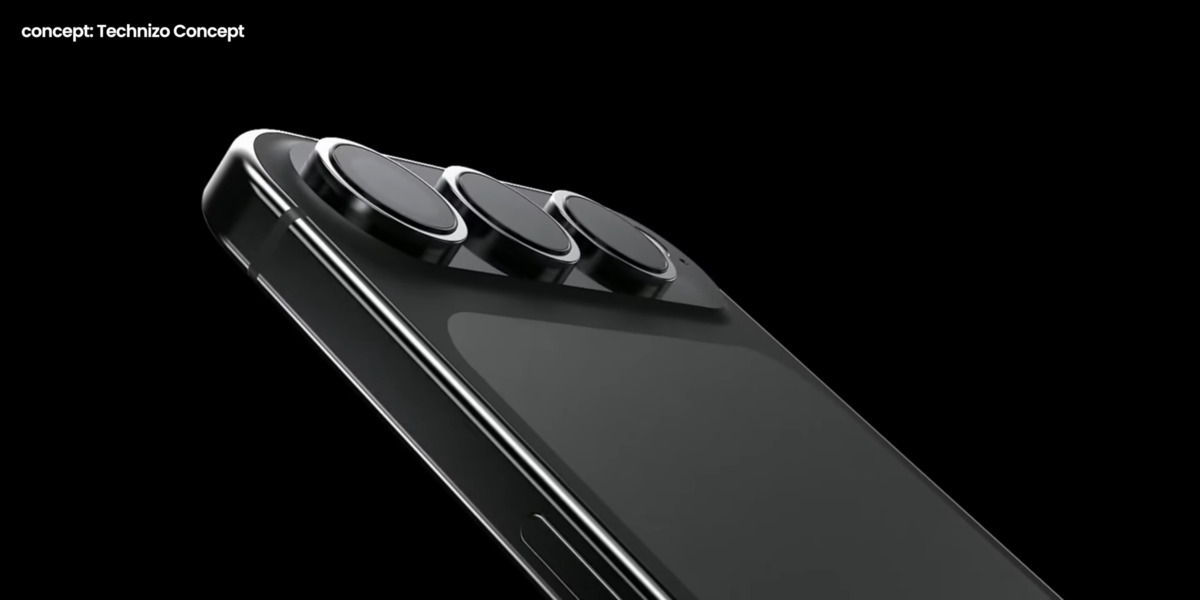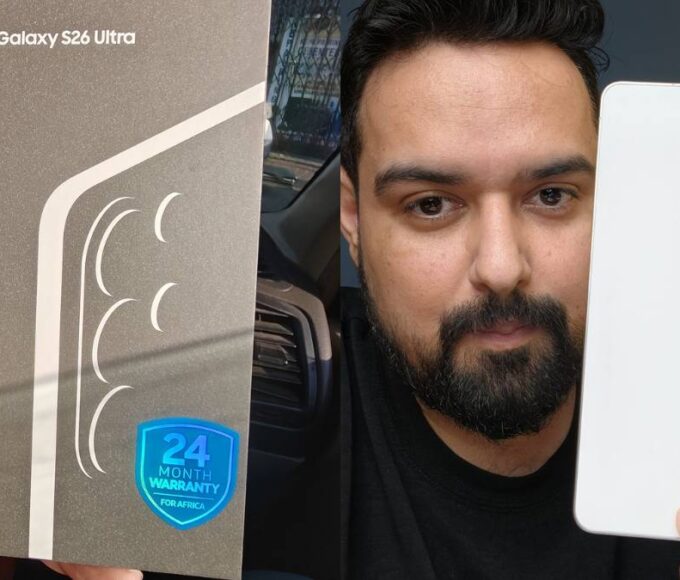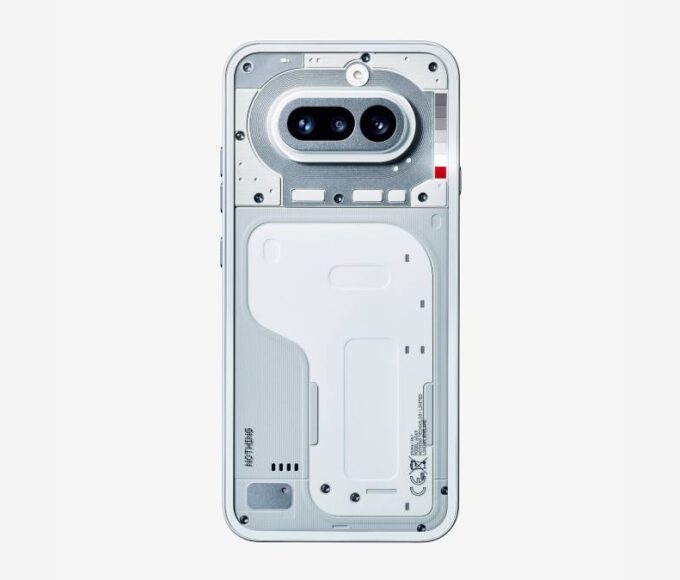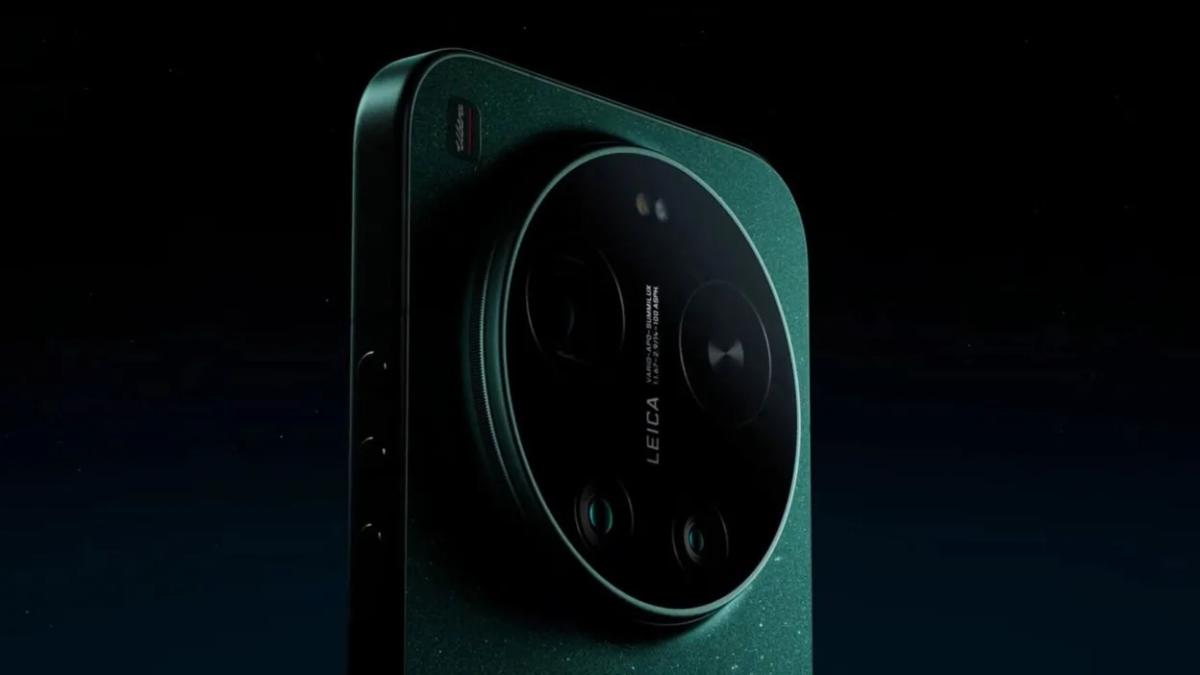Apple has reportedly resolved production issues with a new scratch-resistant anti-reflective display technology that could appear on the iPhone 17 Pro and iPhone 17 Pro Max, according to industry sources.
The technology, which would make iPhone screens more resistant to scratches and reduce reflections, was previously expected to be cancelled due to manufacturing difficulties. Apple suppliers have now achieved sufficient production yields to support mass manufacturing, according to a reliable source speaking to MacRumors.
The upgraded display will only be available on the iPhone 17 Pro and Pro Max models, with the standard iPhone 17 and iPhone 17 Air continuing to use current screen technology.
Apple first explored the anti-reflective display coating in 2024 as a potential improvement over its current Ceramic Shield glass protection. The new technology promises better scratch resistance, potentially helping iPhone screens withstand daily wear and tear more effectively.
Earlier this year, Apple faced significant production challenges with the display coating process. The anti-reflective layer was difficult to apply consistently, slowing down manufacturing and threatening to delay product launches. However, suppliers have since improved the production process, making the feature viable again.
Current iPhone models use a fingerprint-resistant oleophobic coating combined with Ceramic Shield glass, but Apple has not previously prioritised anti-reflective technology for iPhone displays, unlike its iPad and Mac products.
The potential addition comes as competitor Samsung has introduced Gorilla Glass Armor on its latest smartphones, which reduces reflections by up to 75 percent and improves screen visibility in bright lighting conditions. Apple’s anti-reflective display technology could represent a response to Samsung’s advancements.
Anti-reflective displays provide clearer visibility in bright environments, such as outdoor sunlight, by reducing glare and improving contrast. This technology is already common on Apple’s iPad and Mac displays.
The iPhone 17 series is expected to launch in September 2025, following Apple’s typical annual release schedule. The Pro models typically feature premium technologies that distinguish them from standard iPhone variants.
Production yields refer to the percentage of manufactured components that meet quality standards. Higher yields are essential for mass production of consumer electronics, as low yields can make products economically unviable.










